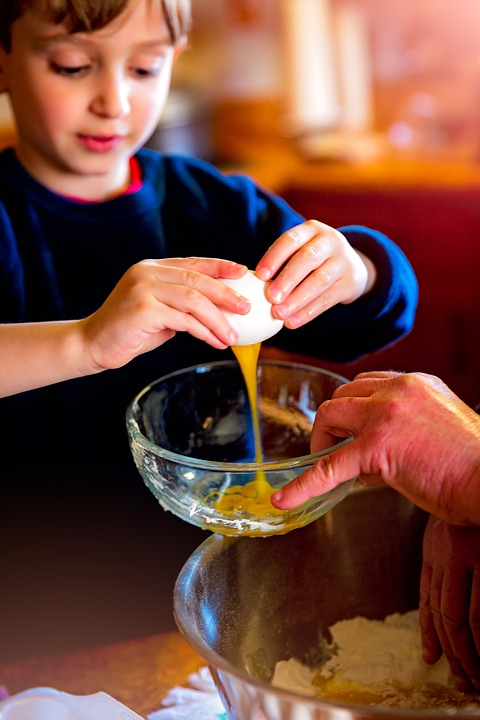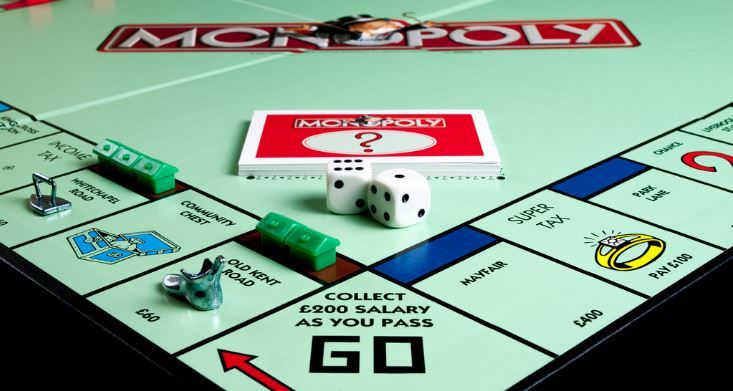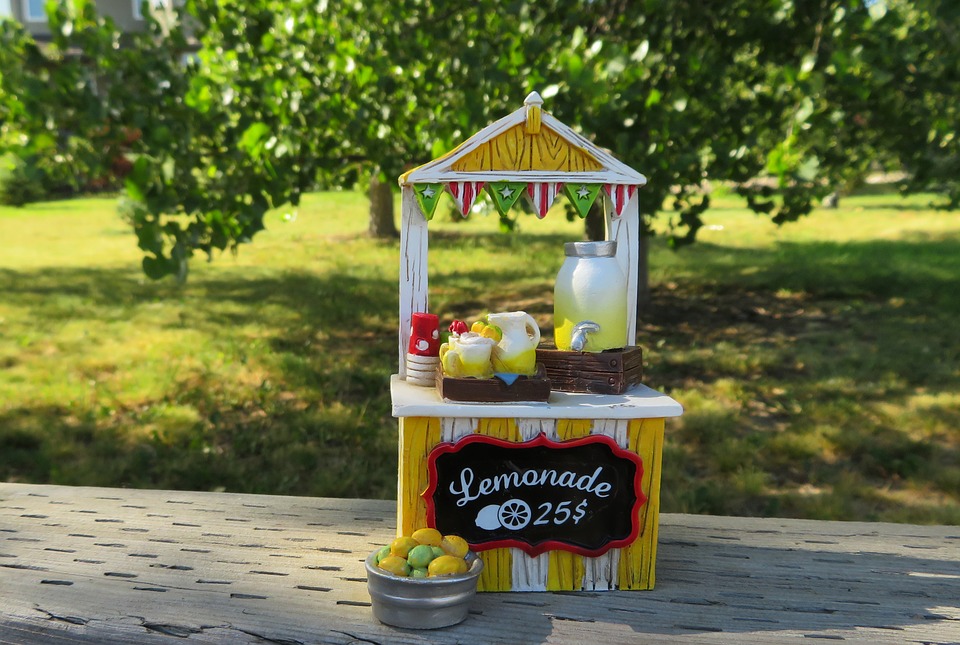While summer is the time for fun in the sun, it’s also when your child’s math knowledge is in danger of slipping away. On average, students lose about 2.6 months of learning in math over the summer.
The Northwest Evaluation Association (NWEA), a nonprofit assessment provider, predicted school closures in 2020 caused some students to be as much as a year behind in math, with elementary school students at the greatest risk.
The good news is, there are ways to combat what educators call, “the summer slide.”
According to researchers, summer learning loss can have long-lasting effects, including lower test scores, lower self-confidence, and lower chance of high school and college success. Math teachers spend three to six weeks at the beginning of the school year reteaching math skills taught the previous spring. Fortunately, two months of subject-focused learning is all it takes to improve specific learning skills.
The summer months are the ideal time to reinforce last year’s learning and introduce new concepts that will help in the year ahead. Children have more time, are less tired, and are better able to focus when they don’t have the burden of classes, homework and extracurricular activities.
How to Make the Most of Your Student’s Summer
Here are some fun ways students can keep their math skills sharp and be prepared for the year ahead. Choose whichever activities you and your child will enjoy most, and have fun making memories that you both will cherish.

1. Bring math into the kitchen.
So much of cooking involves math! Following a recipe uses concepts like sequencing and counting. Baking requires precise measuring, and scaling a recipe requires multiplication or division. Start with something simple, like a smoothie recipe. Once your child is comfortable following a recipe, ask them to double it, which requires thinking proportionally.
2. Play math-based games.
Any board or card games that use money, keep score, or require strategy, such as Monopoly®, blackjack, Scrabble®, chess, and Blokus®, are math-based games. There are also plenty of fun games to play when you’re traveling. Playing games can improve your child’s numerical fluency, logic and probability skills. It’s also a great way to spend time together!

3. Go shopping.
Ask your child to find the discounts, compare prices and calculate multiple items. Bring coupons and ask them to compute the savings. Visit a farmers market for a fun, healthy, math-focused activity. Give your child some cash to spend, and let them find out what they can buy with it.

4. Take a field trip to a science center or museum.
When the day is wide-open, go to the museum! A trip to the nearby science center or museum is a fun, math-focused experience you and your child can enjoy together. Learn about inventions and innovators, engage in interactive exhibits and hands-on activities, and stimulate your brain to think mathematically. It’s the perfect place for your child to imagine a future in science.
5. Listen to music.
Music is inherently mathematical. The familiar patterns in your favorite songs follow a mathematical structure. Find out if your community has free summer concerts in the park. See what summer music activities are offered to children in your area. Listen to music together at home. Clap to the beat. Talk about the repeated patterns. Get up and dance!

6. Watch sports and do the math.
Incorporate math when you’re watching sports together. Encourage your child to keep statistics on their favorite baseball team or player. Keep track of how much time passes between goals when you’re watching a soccer game. Compare football players based on touchdowns, yardage and tackles made. If your child plays basketball in the backyard or at a nearby court, they can take measurements and compare them to an official-sized court.
7. Read math-based books.
Having the extra time to read is one of the joys of summer. When math is an integral part of the story, your child gets the added benefit of thinking mathematically at the same time. Some titles to look for are “Secrets, Lies and Algebra” by Wendy Lichtman, “The Phantom Tollbooth” by Norton Juster, and “The Number Devil” by Hans Magnus Enzensberger. We have dozens more recommended books for all ages.
8. Start a business.
Summer is the best time to earn some extra spending money. Encourage your child to start a business doing yardwork, babysitting, or walking dogs in the neighborhood. It’s a great way to learn about accounting, calculating expenses and managing profits.
9. DIY, together!
When your child is involved with a home-improvement project, they are doing math as part of the process. Depending on the task, they will be working with numbers, spatial thinking, measurements, angles, calculating area and problem-solving. It’s a wonderful way to accomplish a goal as a team!
10. Find the right summer math learning program.
Summer presents valuable chances for kids to dig deep and explore concepts not necessarily covered in school, while learning at their own pace. Find a summer math program that specializes in creative, effective ways to teach math and works with your family’s summer schedule.
Mathnasium of Oviedo offers customized learning plans that help keep student's fractions, multiplication, algebra and more math skills sharp. We have fun and prepare kids to succeed in the coming school year!

Math Help for the Long Term
Summer math learning programs aren’t just for kids who are struggling; they’re for anyone who wants to catch up, keep up or soar ahead. Parents who enroll their children in summer learning are not only taking steps to avoid the summer slide, they’re helping their child start the new year strong so they can keep moving forward.
This summer could be the season your child discovers how fun learning math can be!



 (321) 348-9464
(321) 348-9464












